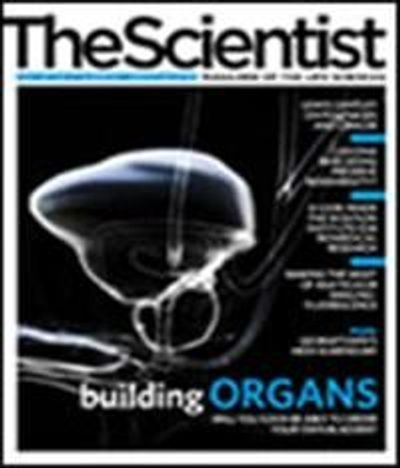
About two years ago, Valerie Galton, a professor at Dartmouth College, was proceeding along a straightforward line of scientific inquiry. She and her colleagues had developed a knockout mouse deficient in type 2 deiodinase (D2), an enzyme that was thought to be responsible for converting the prohormone thyroxine (T4) to the active hormone, triiodothyronine (T3). The role of type 2 deiodinase in converting thyroid hormone, which Galton helped establish, was considered "conventional wisdom," Galton says. And then the mice were born.
She expected the knockouts, with their extremely low levels of brain T3, to be quite sick. Hypothyroid animals, for example, are also deficient in T3, have learning problems, don't reproduce, and die prematurely. But these knockouts were almost normal, says Galton, a petite woman in her 70s with a gentle...
Interested in reading more?

